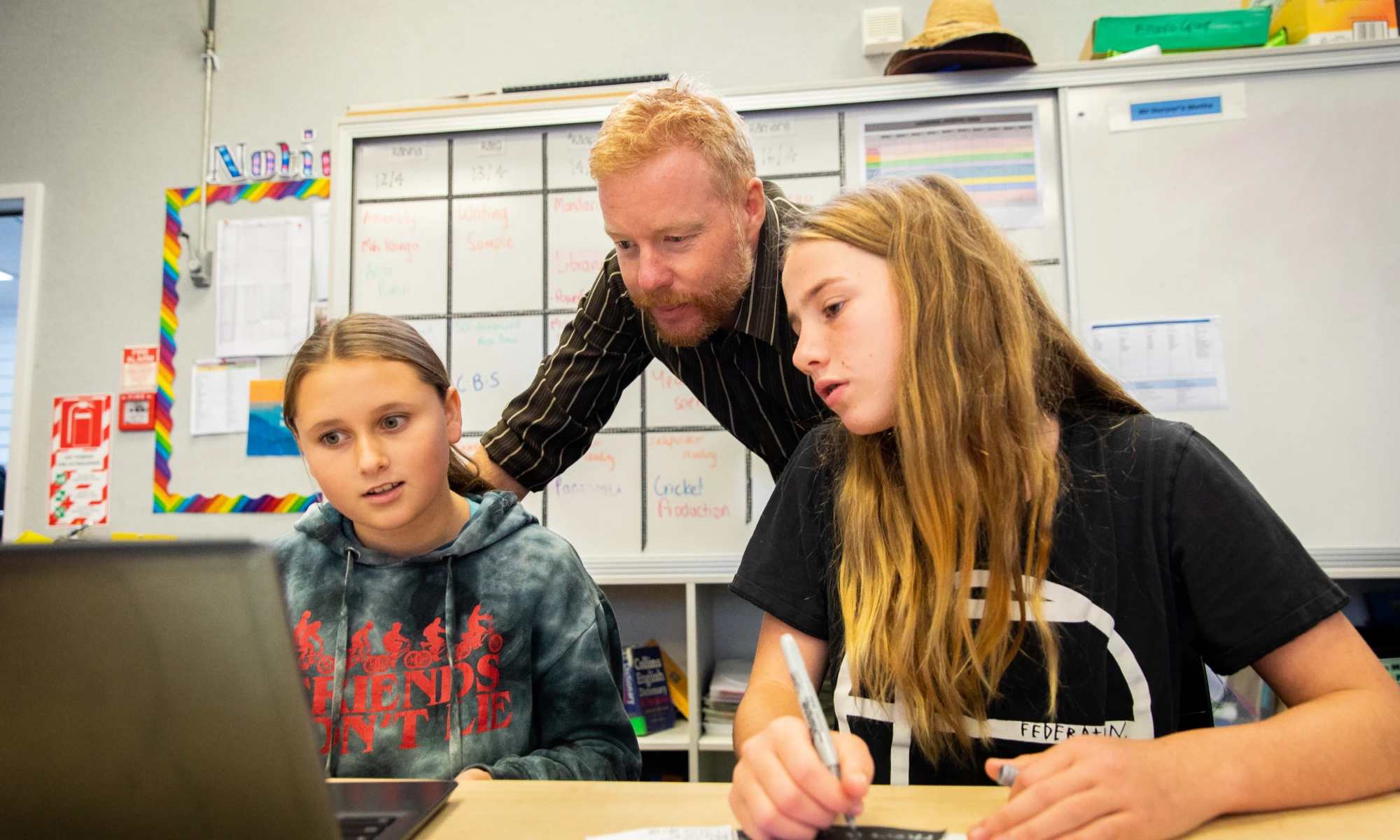Teaching (Secondary)

Why study Teaching (Secondary)?
You can graduate with a secondary school teaching qualification in as little as one year of full-time study if you hold an undergraduate degree, have relevant industry experience, or possess a high level of fluency in Māori/Pacific languages.
We offer three qualifications to those looking to become a secondary school teacher, all of which are at the postgraduate level: Graduate Diploma in Teaching, Postgraduate Diploma in Teaching and Master of Teaching and Learning.
Upon graduating with a secondary teaching degree you will have the understanding, skills, and academic requirements to be a skilled and competent secondary school teacher. Statistics show that 82% of recent teaching graduates are in employment, making it a sound and reliable career choice.
Hamilton, Tauranga, Online